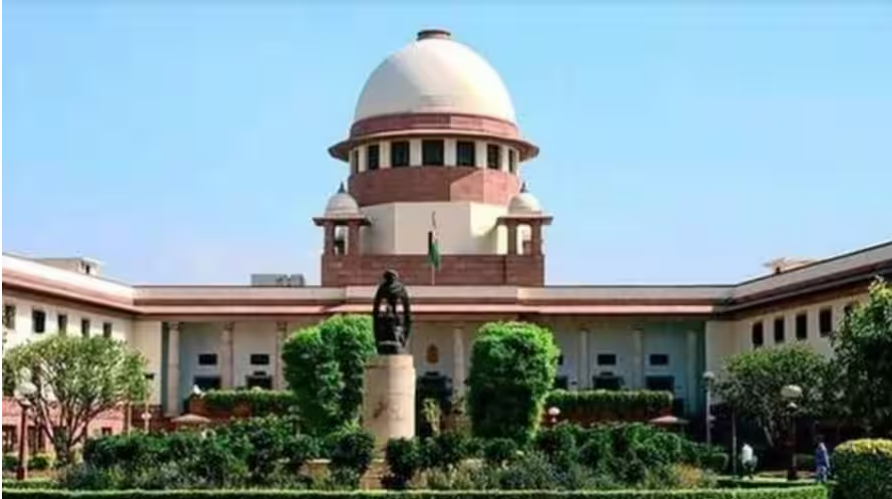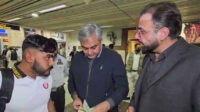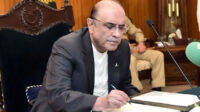The Indian Supreme Court has refused to hear a petition challenging the ban imposed by authorities in Indian illegally occupied Jammu and Kashmir (IIOJK) on 25 academic, literary historical books.
A three-member bench comprising Justices Surya Kant, Joymalya Bagchi, and V. M. Pancholi today directed petitioner Advocate Shakir Shabbir to approach the IIOJK High Court, describing it as the most appropriate forum to examine this matter.
The bench also requested the Chief Justice of the IIOJK High Court to constitute a three-judge bench presided over by him to hear the matter and decide it at the earliest. The Court made it clear that it was not expressing any opinion on the merits of the case.
Earlier this month, the Department of Home Affairs in IIOJK ordered the confiscation of the books, claiming that they contained material promoting a pro-freedom narrative.
The petitioner argued that the ban violates the fundamental rights to free expression, equality, and life with dignity and privacy. He contended that the IIOJK authorities’ order equates dissent and criticism with sedition, thereby creating a chilling effect on free speech and undermining democratic discourse. Calling the notification “vague, arbitrary and disproportionate,” the plea highlights that no proximate nexus was established between the banned works and any actual incidents of violence or incitement.
The banned works included studies on Kashmir’s history, its internationally recognized disputed status, and the territory’s human rights situation. Authors of these books include prominent Kashmiri, Indian, and international writers such as Mohammad Yusuf Saraf, Hafsa Kanjwal, Dr. Abdul Jabbar Gokhami, Aisar Batool, Simar Qazi, A.G. Noorani, Anuradha Bhasin, Angana Chatterji, Arundhati Roy, Ayesha Jalal, Dr. Afaq, Radhika Gupta, Sayyid Abu Aala Maududi, Victor Schofield, Christopher Snedden, and others.






